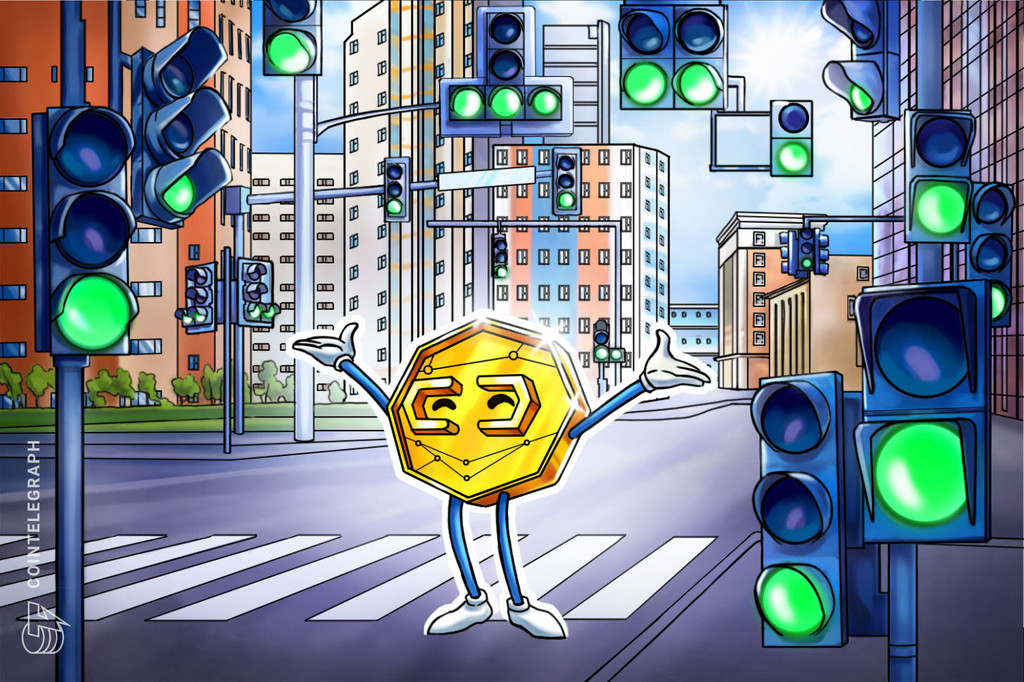Alan Konevsky | Source | CLO at PrimeBlock

Alan Konevsky
Alan Konevsky is a senior executive and general counsel with an integrated operational skill set. Currently driving innovation at the forefront of the digital assets, mining and cryptocurrencies landscapes, employing sound judgement and multi-disciplinary skillset to support growth and influence a groundbreaking industry as it matures and reaches mass adoption. Proven broker-dealer, money services, banking, capital markets, M&A, technology, blockchain, payments and start-up competencies. Brings hands-on leadership, creative/risk-appropriate solutions, and facility with highly-regulated industries and complex internal and external stakeholder dynamics. Previously served as the Interim CEO and Chief Legal Officer with a broad cross-functional executive mandate at tZERO, a leading fintech focusing on digital asset and infrastructure innovation and trading solutions for private and public securities, cryptocurrencies and NFTs. Held roles of increasing impact at Mastercard, finally as a Senior Vice President with global legal responsibility for cutting-edge strategic projects and technological innovation. Prior to that, was Managing Director at Goldman Sachs, heading legal coverage for private equity and fintech investing in Europe.
-

PrimeBlock
CLO
-
What should the crypto industry expect from regulators in 2022? Experts answer, Part 1
Blockchain industry insiders answer: What were the main crypto regulatory milestones in 2021, and what should be expected in 2022?
Article -
Bitcoin Mining and Infrastructure Company PrimeBlock Appoints Former Goldman Sachs Crypto Investment Banker as New CEO
Adds Alan Konevsky, Most Recently Interim CEO and Chief Legal Officer at tZERO, as Chief Legal Officer...
Article
-
China has had this love-hate relationship with Bitcoin since it came on the scene in 2009. The domestic political considerations that led to the change in policy this year and that led to Chinese exchanges and mining being pushed out of the picture won’t change in 2022. I don’t think we’re going back into the love part of the cycle. These changes in the competitive dynamic will continue to benefit the United States and other territories. We will see increasing regulation and increasing political dialogue that touches crypto. The hope is that what comes out of Congress and from the regulators is going to be designed in partnership with the industry and part of a thoughtful dialogue that recognizes the way crypto is different from traditional finance and securities regulation, that some of the traditional tools don’t work in crypto, and that a lot of the same principles such as investor protections apply and need to be recognized, but the details need to look different. The hope is that things will come out of that constructive dialogue as opposed to folks just transferring legacy concepts wholesale or regulating by enforcement.

